Howdy there, Friend!
If you didn’t know already, I’m gonna let you in on a secret.
*stage whisper* Sleep is really important for your health.
Mental, physical, emotional, there’s literally nothing better than sleep to boost your performance in any area. So why is it so hard for so many people to get good sleep and feel its boosting effects?
I’ll be honest, this is a really complicated answer, and I’m not a sleep expert – but I’ve learned from people who are. So, I’m gonna share a few of the physiological factors in preparing for sleep… and how you can prep yourself for a good night’s rest the day before.
The Physiological Factors of Sleep
The first thing that I want to mention is sleep cycles.
Most of us were taught that we have to get a solid 8 hours of sleep every night – but that might not be accurate. See, our sleep cycles are actually built on 90 minute intervals, descending into REM, going through REM, and climbing back out of it. Ideally, we should get 5 cycles a day, which works out to 7.5 hours… but you don’t necessarily need it all at once.
If you’re a biphasic sleeper, you may split your sleeping into two segments. Think taking a siesta (60-120 minutes of rest, usually between 1pm and 3pm, typically observed in hotter climates) in the middle of the day, with a longer segment at night. This could also be a nap of 20-30 minutes, or splitting up your nighttime sleep. There are lots of options. The goal, however, is to consistently attain 5 cycles of sleep a night, on average.
Want to know another secret? Your circadian rhythm is actually built on 90 minute intervals as well, so what you’re doing during the day affects how you sleep at night!
Other physiological factors include:
- Your diet – sugary, high carb diets tend to spike blood sugar, which can impair sleep, while whole food, plant- and protein-focused diets tend to include vital sleep nutrients (such as magnesium and potassium) while helping to balance out blood sugars.
- Your activity levels – taking walks, doing manual labor, lifting weights, or pretty much any other form of exercise/consistent movement is key to releasing the proper hormones in your brain to set you up for relaxation and sleep. Try to fit in at least 20-30 minutes of movement a day.
- Your sun exposure – sunlight triggers the production of melatonin in your brain… which is very different from the melatonin supplement that you can buy at the store. Ideally, getting in some of the golden hour (within 45 minutes after sunrise and before sunset) can sync your circadian rhythm, which in turn helps your brain produce optimum amounts of melatonin at the correct times. It’s also helpful that this is the time of day with lowest UV exposure, and can boost your Vitamin D levels, thus boosting your immune system!
- Your blue light exposure – let’s face it, blue light is everywhere! Most predominant in our modern lives, it comes from our screens. Aim to turn the screens off – all of them! – about 2 hours before sleep. This will help your brain realize that it’s time to drift off soon. You can also consider incorporating blue light blocking glasses, light bulbs, and even red light therapy devices into your nightly routine. *NOT A SPONSORED POST. I just like sharing the love*

Whew! That’s a lot! Like I said, sleep is a complicated subject, and I haven’t even touched on the psychological factors of sleep yet! Don’t worry, that’ll be coming in my next blog.
So what can you do to help yourself physically prepare for a good night’s sleep?
- Set a consistent wake up time. The key is consistent! Sleeping in is tempting, but is actually confusing to your brain and body. On this note, decide if you want to try monophasic or biphasic sleeping. Figure out a schedule that will work for your life, and stick to it for at least 7 days to see the full effects.
- Try to get some sunlight on your face before you look at a screen. Like I said, within 45 minutes of sunrise is the healthiest, but even if you wake up midmorning, get outside before opening up your news app. On that note, try to spend some time in nature each day. This will help your circadian rhythm sync, and may also reduce symptoms of anxiety and depression.
- Work in some movement – daily. You don’t have to go pump iron at the gym 7 days a week, but get in some quality movement for at least 20-30 minutes to help balance your hormones. Gentle movement suggestions are things like yoga, walking, or Nia. Want something faster paced? Go with Zumba, or playing with your kids!
- Pay attention to what you’re putting in your mouth. We discussed not eating distracted in my latest blog on nutrition, and that’s still important! Try to incorporate whole foods, and if you’re gonna snack, look for things like carrots, celery, apples and peanut butter, cucumbers… you get the idea.
- Also important in this is to be aware of what you’re drinking. Sugary beverages are, well, high in sugar thus being prone to causing blood sugar spikes. Caffeinated beverages in the afternoon or evening can also affect your sleep cycles – caffeine has a half-life of 4-8 hours… which means if you have a coffee at 7pm, at least half of that caffeine is still in your system at 11pm. Additionally, studies have shown that alcohol has an adverse effect on sleep, too, especially for my women out there!
Now, as with everything I share, I’m going to encourage you to not try to change this all at once. Choose one area to change, and go from there.
Is it no caffeine after 2 pm? Maybe no alcohol for 3 hours before bed?
Or perhaps it looks more like turning off the screens and reading a book before bed, or incorporating a bluelight blocker?
Whatever it is you choose to do, pick one thing at a time and commit to it! For a little extra accountability, you can shoot me a DM over on Instagram and let me know what you’ve decided to do! Once you get that once thing consistent for a few weeks, choose another aspect to incorporate, and as you go, pay attention to how your sleep improves.
Don’t forget to check back in a few weeks for my final sleep blog on the Psychological factors of a good night’s rest!

